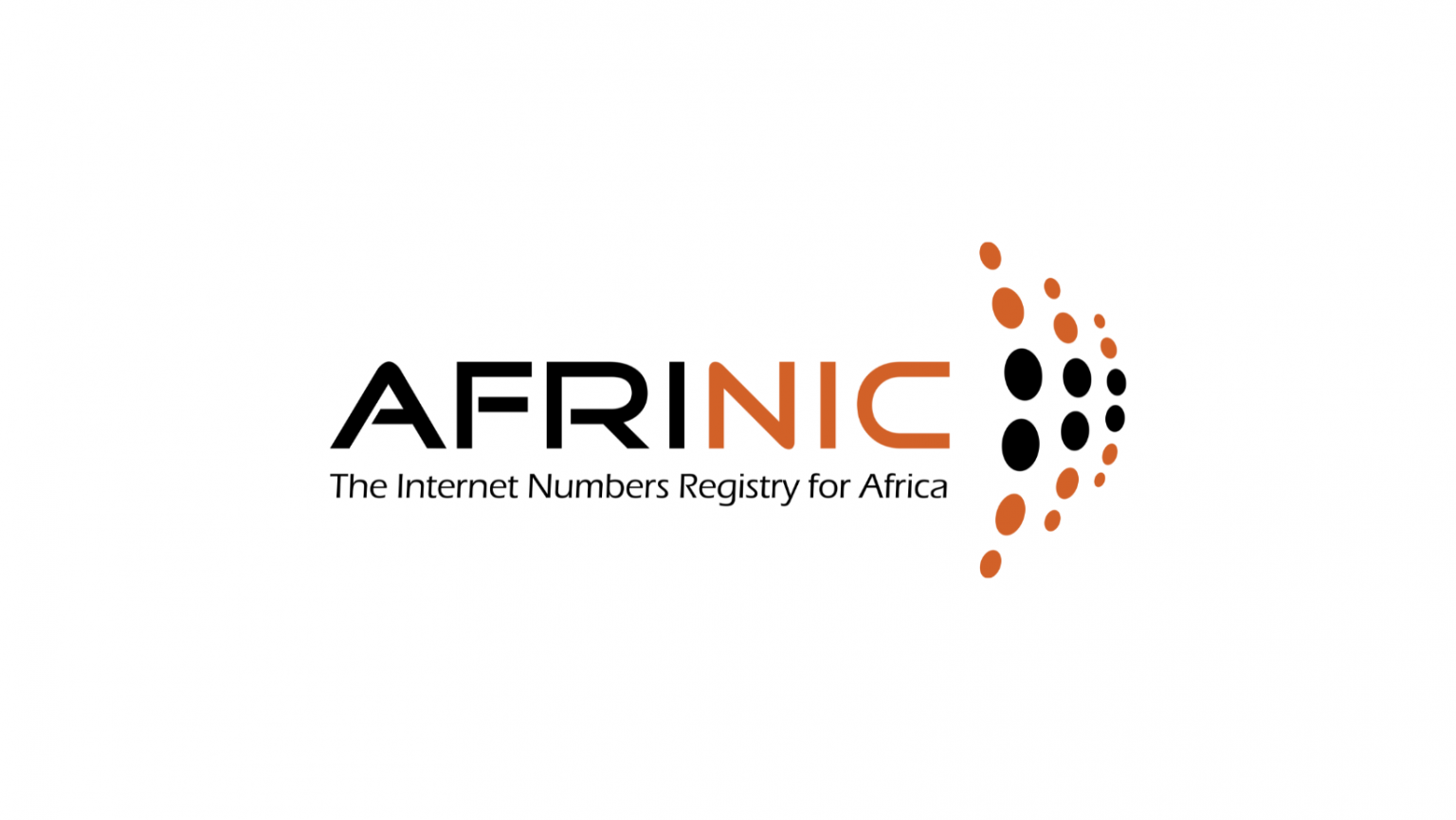- AFRINIC has allocated over 1 million /32 blocks of IPv6 addresses to support Africa’s growing internet infrastructure.
- In August 2024, AFRINIC distributed 293 IPv6 blocks, ensuring scalable and sustainable connectivity for the continent.
What happened
AFRINIC has expanded its IPv6 address allocations across the continent, in an attempt to create a more reliable and scalable internet infrastructure. As of November 2024, AFRINIC holds over 1 million /32 blocks of available IPv6 address space, distributed to network operators and service providers across African nations. The latest figures show that AFRINIC allocated 293 /32 blocks of IPv6 addresses in August 2024 alone, reflecting the growing demand for internet resources as Africa’s digital landscape continues to evolve. IPv6, the next-generation internet protocol, offers a vastly larger address space than its predecessor, IPv4, helping future-proof the region’s networks and support emerging technologies. AFRINIC allocates IPv6 addresses based on need, ensuring fair distribution and supporting Africa’s internet growth. This approach is vital for managing resources to drive the next wave of connectivity.
Also read: Supreme Court ruling on AFRINIC: New members no rights, elections by June 2025
Also read: AFRINIC Official Receiver reinstated, elections to go ahead by end of year
Why it is important
The expansion of IPv6 allocations by AFRINIC is crucial for Africa’s internet growth and long-term sustainability. As the continent’s digital landscape rapidly evolves, the demand for IP addresses continues to increase. IPv6, with its virtually limitless address space, is essential to accommodate the growing number of connected devices, users, and services. Unlike IPv4, which is limited in capacity, IPv6 ensures that Africa’s internet infrastructure remains scalable and adaptable for future technologies, such as the Internet of Things (IoT), smart cities, and 5G networks.
AFRINIC’s distribution of over 1 million /32 blocks ensures that network operators across the region have access to the resources they need to support an expanding digital economy. By managing IPv6 allocations based on demonstrated need, AFRINIC helps prevent address shortages and ensures fair distribution among African nations. This forward-thinking approach is key to empowering businesses, governments, and individuals with the tools necessary to thrive in an increasingly connected world.

